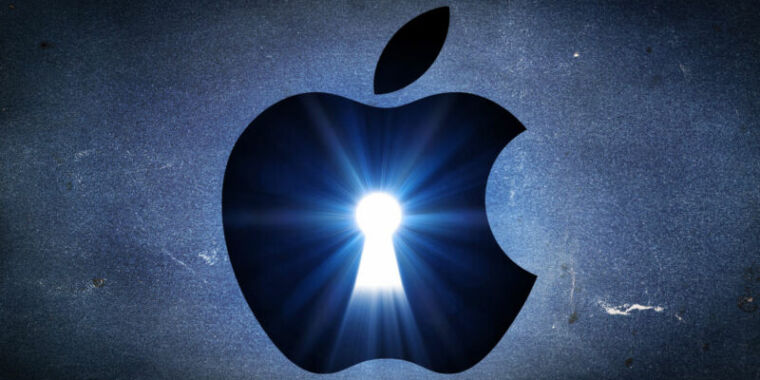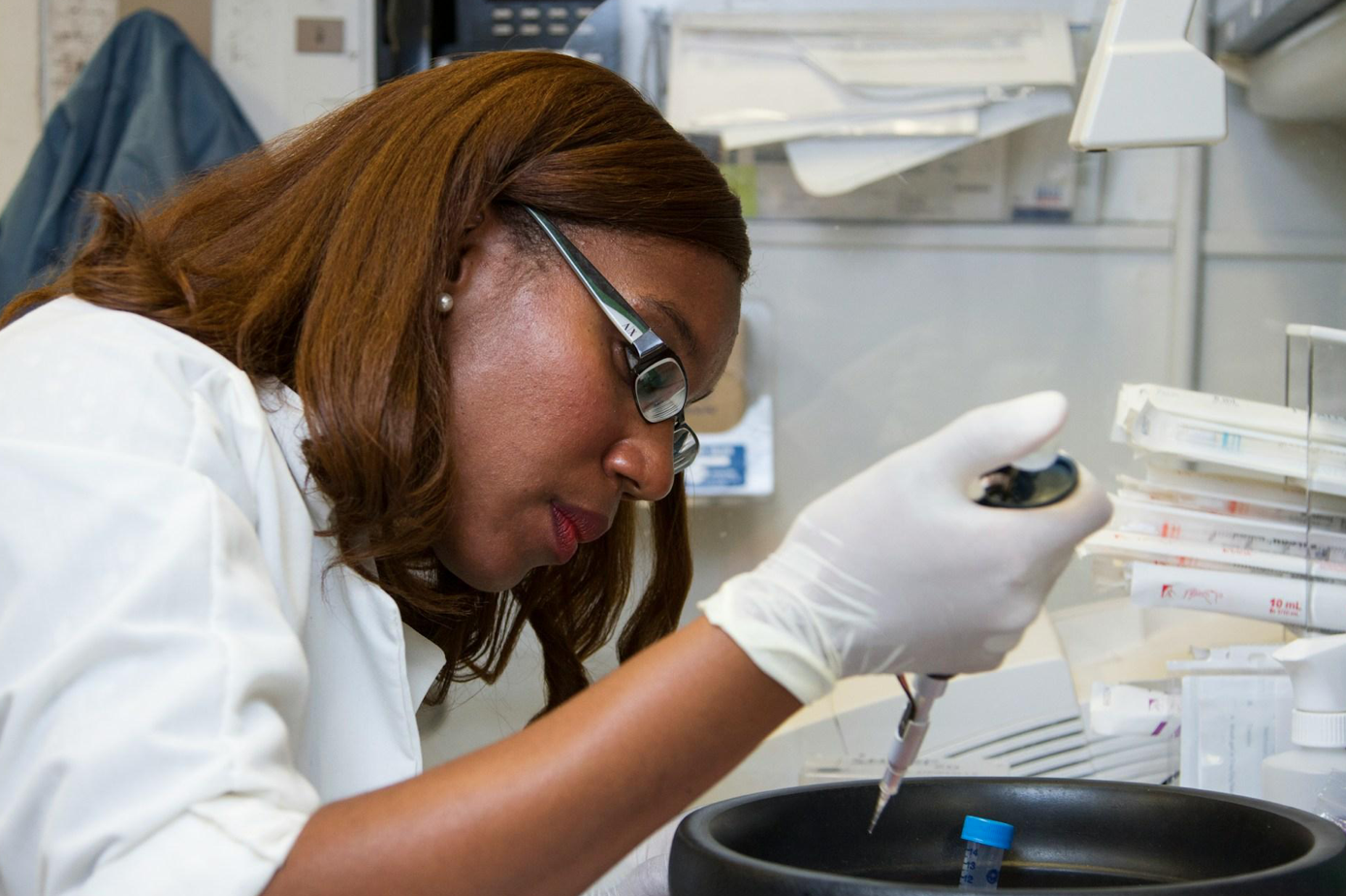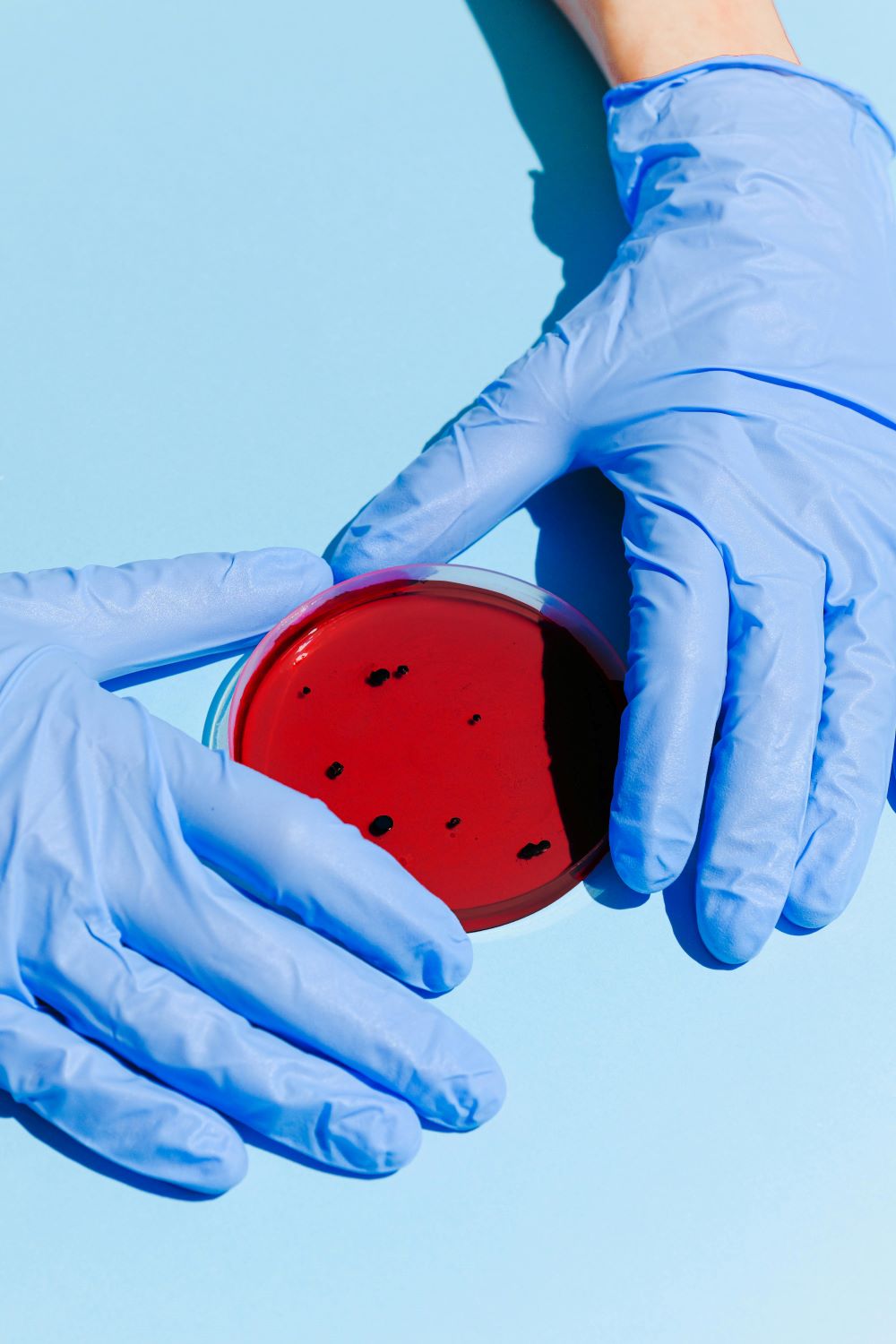Legal compliance is a critical element of lab management, covering safety rules, protection of data, maintaining quality and ethics, and environmental sustainability.
Laboratories are very important in many areas, from healthcare to research and development. The United States alone does about 7 billion lab tests each year. This shows how crucial these places are for medical diagnosis, scientific progress, and public health safety.
Making sure that all laws are followed is very important because it helps keep the activity of laboratories honest and ethical. This safeguards both workers and patients while maintaining high moral standards in this field.
In this blog post, we’ll highlight the size of laboratory activities and discuss compliance with laws and regulations.
Safety Regulations and Protocols
Safety is the most important element in a laboratory. Regulatory bodies such as the Occupational Safety and Health Administration (OSHA) in the United States, or the Health and Safety Executive (HSE) in the United Kingdom require following strict safety protocols.
These rules comprise careful dealing with dangerous substances, frequent maintenance of equipment, plans for responding to emergencies, as well as teaching workers about safety procedures. Abiding by these rules is not only for the safety of laboratory workers, but it also prevents environmental dangers and keeps the public safe.
Leveraging State-of-the-Art Equipment
Modern labs use advanced tools and technology for accurate tests and experiments. They need top-notch equipment that meets strict quality and safety rules, like a single cell sorter, which is important for studying genes and cells. These sorters help scientists study individual cells to understand diseases better and find treatments. In addition to sorters, labs also use automated analyzers, sequencing machines, and imaging systems.
Following rules ensures labs give reliable results, which is crucial for good research and patient care. Note that regular checks and adjustments keep the equipment working well. Using the latest tech helps labs do their best work, showing why it’s important to keep up with rules so they can get accurate results.
Data Privacy and Confidentiality
Nowadays, when there is a growing number of data breaches and more worry about privacy, laboratories must follow strict rules on data privacy. One important rule is the Health Insurance Portability and Accountability Act (HIPAA), which requires safeguarding patient health information.
To reach this level of quality, labs need to do more than just follow the rules. They must take strong steps like finding safe places for keeping data, advanced ways of hiding information, strict controls for getting inside the system, and complete plans about how to handle important details.
The consequences of not following these regulations are serious because they could result in strong punishment, causing great harm to a laboratory’s standing in the field and with its customers.
Quality Assurance and Accreditation
To keep the lab results accurate and dependable, it is very important to have quality assurance. Labs often try to get recognition from well-known groups such as the College of American Pathologists (CAP) or the International Organization for Standardization (ISO). This shows that they are committed to showing and keeping up high-quality standards.
The process of accreditation involves thorough assessments of different parts such as lab processes, careful equipment adjustment, skill testing, and a strong commitment to the best methods in the industry.
Following these strict quality benchmarks, labs not only assure accurate and reliable test outcomes but also build trust and belief among their interested parties, strengthening their standing as a dependable body in the sector.
Environmental Compliance and Sustainability
Laboratory activities have the potential to significantly impact the environment, primarily through the generation of waste, emissions of chemicals, and consumption of energy resources. Environmental regulations play a crucial role in mitigating these impacts by mandating proper waste disposal techniques, promoting recycling practices, enforcing pollution control measures, and encouraging the adoption of sustainable resource usage within laboratory settings.
Furthermore, labs are increasingly urged to embrace green initiatives aimed at minimizing their environmental footprint. This includes the adoption of energy-efficient equipment, the use of eco-friendly chemicals, and the implementation of strategies aimed at reducing their carbon footprint.
By diligently adhering to these environmental regulations and embracing green practices, laboratories not only contribute to a healthier planet but also demonstrate a strong commitment to corporate social responsibility, setting a positive example for the industry and society as a whole.
Bottom Line
Legal compliance is a critical element of lab management, covering safety rules, protection of data, maintaining quality and ethics, and environmental sustainability. For this reason, laboratories must understand changing regulations, establish strong compliance plans, and always emphasize ethical behavior in their work. Following important regulations and requirements can help labs with safety rules, keeping data honest, promoting research morals, and working towards a future that’s good for both the patients and the environment.















+ There are no comments
Add yours